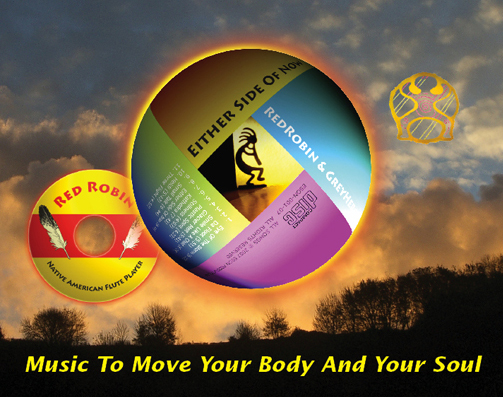
RedRobin
|
1/10/2008 4:44:35 AM
The good old days are yet to happen...
Music Lessons
Things you can learn from the music business (as it falls apart)
The first rule is so important, it’s rule 0:
0. The new thing is never as good as the old thing, at least right now.
Soon, the new thing will be better than the old thing will be. But if you wait until then, it’s going to be too late. Feel free to wax nostalgic about the old thing, but don’t fool yourself into believing it’s going to be here forever. It won’t.
1. Past performance is no guarantee of future success
Every single industry changes and, eventually, fades. Just because you made money doing something a certain way yesterday, there’s no reason to believe you’ll succeed at it tomorrow.
The music business had a spectacular run alongside the baby boomers. Starting with the Beatles and Dylan, they just kept minting money. The co-incidence of expanding purchasing power of teens along with the birth of rock, the invention of the transistor and changing social mores meant a long, long growth curve.
As a result, the music business built huge systems. They created top-heavy organizations, dedicated superstores, a loss-leader touring industry, extraordinarily high profit margins, MTV and more. It was a well-greased system, but the key question: why did it deserve to last forever?
It didn’t. Yours doesn’t either.
2. Copy protection in a digital age is a pipe dream
If the product you make becomes digital, expect that the product you make will be copied.
There’s a paradox in the music business that is mirrored in many industries: you want ubiquity, not obscurity, yet digital distribution devalues your core product.
Remember, the music business is the one that got in trouble for bribing disk jockeys to play their music on the radio. They are the ones that spent millions to make (free) videos for MTV. And yet once the transmission became digital, they understood that there’s not a lot of reason to buy a digital version (via a cumbersome expensive process) when the digital version is free (and easier).
Most items of value derive that value from scarcity. Digital changes that, and you can derive value from ubiquity now.
The solution isn’t to somehow try to become obscure, to get your song off the (digital) radio. The solution is to change your business.
You used to sell plastic and vinyl. Now, you can sell interactivity and souvenirs.
3. Interactivity can’t be copied
Products that are digital and also include interaction thrive on centralization and do better and better as the market grows in size (consider Facebook or Basecamp).
Music is social. Music is current and everchanging. And most of all, music requires musicians. The winners in the music business of tomorrow are individuals and organizations that create communities, connect people, spread ideas and act as the hub of the wheel... indispensable and well-compensated.
4. Permission is the asset of the future
For generations, businesses had no idea who their end users were. No ability to reach through the record store and figure out who was buying that Rolling Stones album, no way to know who bought this book or that vase.
Today, of course, permission is an asset to be earned. The ability (not the right, but the privilege) of delivering anticipated, personal and relevant messages to people who want to get them. For ten years, the music business has been steadfastly avoiding this opportunity.
It’s interesting though, because many musicians have NOT been avoiding it. Many musicians have understood that all they need to make a (very good) living is to have 10,000 fans. 10,000 people who look forward to the next record, who are willing to trek out to the next concert. Add 7 fans a day and you’re done in 5 years. Set for life. A life making music for your fans, not finding fans for your music.
The opportunity of digital distribution is this:
When you can distribute something digitally, for free, it will spread (if it’s good). If it spreads, you
|

|